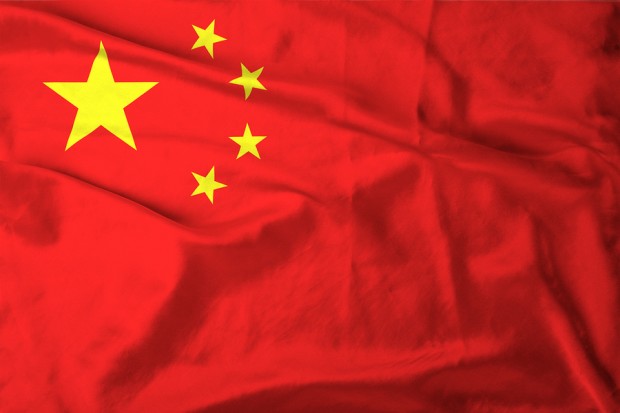Newly approved Chinese rules for IPOs are rattling investment banks as investors can seek compensation immediately if they suffer losses due to false or misleading information in the listing material, bankers and lawyers have told Reuters.
Previously, disgruntled investors could only file claims for a botched IPO after China’s securities regulator had taken action against the banks sponsoring the share offerings, issuers or other intermediaries involved.
The measures, aimed at protecting investors after a string of accounting scandals, are set to have a chilling effect on underwriters because potential liabilities are hard to quantify, putting into question whether revenues from IPO underwriting will be worth the risks involved.
The rules, which went into effect on Jan. 1, do not offer any clarity on how much the banks would be liable for and how much evidence would be necessary before a sponsor would have to make a payment, the sources said.
“Taking it at face value, there are some serious concerns,” said an investment banker who declined to be identified as he was not authorized to discuss regulatory issues.
“If this is indeed what the regulators are intending to do, it’ll change the risk-reward analysis for doing any sort of underwriting in China. It would also make China very different from any other jurisdictions.”
The rule change, which shifts more responsibility for vetting potential IPO candidates to the banks, comes as China is preparing to allow market forces to play a greater role in IPOs, moving from an approval-based system to a U.S.-style registration process.
The tougher measures would, however, force banks to boost vetting standards which should help ease concerns about poor corporate governance at Chinese companies after a series of accounting scandals in past years.
“This is part of Xi Jinping’s effort to combat bribery and market deficiency,” said a person at a Chinese broker who was not authorized to speak publicly on the matter.
“It will increase the costs of doing business among all sponsors and eventually they will be more careful in performing their due diligence, which in the long run is good for all market participants.”
The China Securities Regulatory Commission has penalized brokers such as Ping An Securities and Everbright Securities for shoddy work in the past.
In addition to a 51.1 million yuan ($7.8 million) fine for its work on Wanfu Biotechnology (Hunan) Agricultural Development’s IPO, Ping An had its sponsorship license suspended for three months, and it set up a voluntary 300 million yuan fund to compensate investors. Wanfu was later convicted of securities fraud.
($1 = 6.5745 Chinese yuan)





















 Teens’ First Year on the Road Most Deadly
Teens’ First Year on the Road Most Deadly  Reinsurance Program Could Wipe Out Need for Calif. FAIR Plan: Legal Exec
Reinsurance Program Could Wipe Out Need for Calif. FAIR Plan: Legal Exec  AI Claim Assistant Now Taking Auto Damage Claims Calls at Travelers
AI Claim Assistant Now Taking Auto Damage Claims Calls at Travelers  From Skill to System: The Next Chapter in Insurance Claims Negotiation
From Skill to System: The Next Chapter in Insurance Claims Negotiation 







